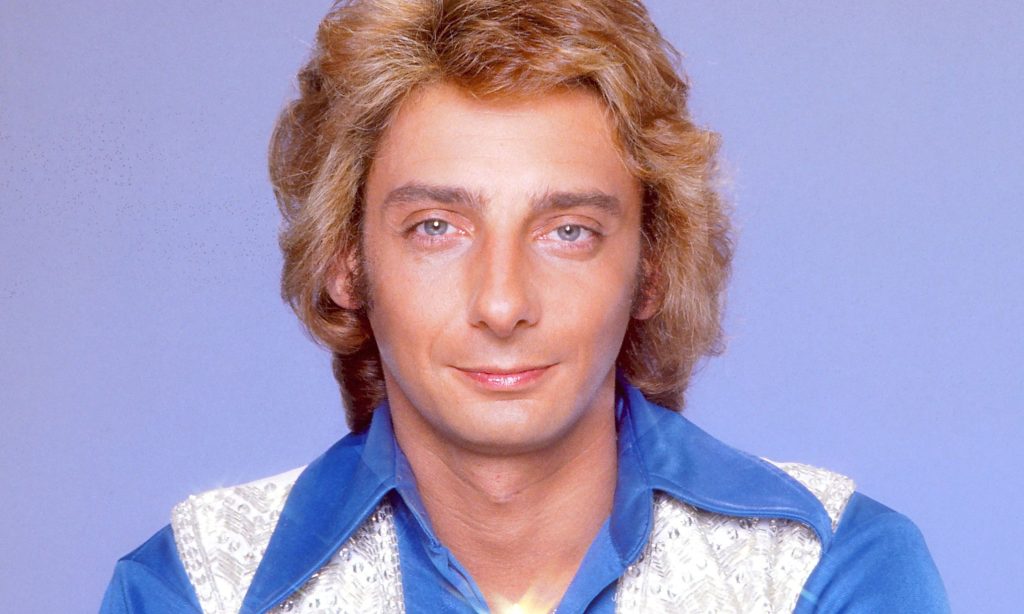
A Timeless Ode to Unrequited Love and Longing
Barry Manilow’s “Mandy” stands as a monumental piece in the tapestry of 1970s pop music, weaving a tale that resonates with anyone who has experienced the pangs of unrequited love. Released in October 1974 as part of his album Barry Manilow II, “Mandy” quickly ascended to the top of the charts, clinching the number one spot on the Billboard Hot 100 in January 1975. This marked Barry Manilow’s first chart-topping hit, setting the stage for a career filled with heartfelt ballads that would touch millions around the globe.
The song’s origins are just as fascinating as its success. Originally written by Scott English and Richard Kerr under the title “Brandy,” it was later reimagined as “Mandy” to avoid confusion with another popular song by the band Looking Glass. This transformation was not merely in name but also in emotional depth, which Manilow masterfully captured through his poignant vocals and evocative piano arrangement. The decision to change the name inadvertently added a layer of universality to the song, allowing listeners to project their own stories and emotions onto its verses.
At its core, “Mandy” is an exploration of love lost and the enduring shadows it casts on one’s heart. The lyrics convey a deep sense of longing and regret, as the narrator reflects on missed opportunities and what might have been. There’s a haunting quality to lines such as “I remember all my life, raining down as cold as ice,” which evoke vivid imagery of desolation and yearning. It’s a sentiment that speaks to anyone who has watched love slip through their fingers, leaving behind only memories and questions.
The melancholic yet hopeful melody complements the lyrical narrative, creating a harmonious blend that underscores Manilow’s signature style. His ability to convey raw emotion through music is what makes songs like “Mandy” timeless; they serve as both a comfort and a catharsis for listeners navigating their own emotional landscapes. For many older listeners, hearing “Mandy” can be akin to opening an old photo album—a journey back in time to moments filled with both joy and heartache.
Beyond its commercial success, “Mandy” holds a special place in pop culture history. It paved the way for Barry Manilow’s future hits and solidified his status as one of the preeminent balladeers of his era. The song’s impact is evidenced by its enduring popularity, often featured in films and television series that seek to evoke a sense of nostalgia.
For those revisiting this classic or discovering it anew, “Mandy” offers more than just a trip down memory lane—it provides an opportunity for reflection on one’s own experiences with love and loss. It serves as a reminder that while people may come and go, their imprint on our hearts remains indelible.
In essence, Barry Manilow’s “Mandy” transcends its era, standing as a testament to the universal nature of love’s joys and sorrows—a timeless piece that continues to resonate with audiences across generations.
